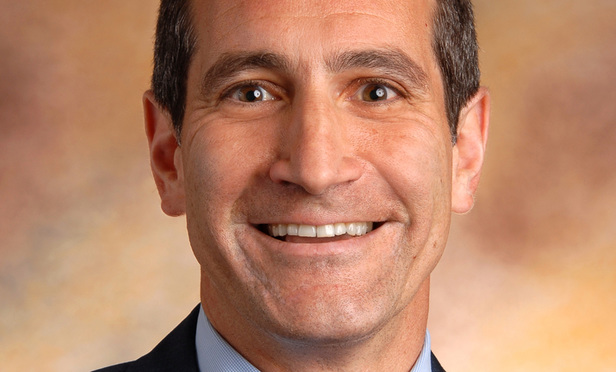U.S. Justice Department tradition over the last 37 years generally includes the new Attorney General issuing his or her own charging and sentencing policy—a fundamental part of the DOJ’s criminal justice program. This administration is no exception.
On May 10th, Attorney General Jeff Sessions announced the DOJ’s new policy,1 though “new” is something of a misnomer. Short in size and skimpy on details, the policy nevertheless resembles iterations of prior Republican administration policies that stressed pursuit of the most serious charges and harshest punishments, while preserving elements of prosecutorial discretion (read: leniency) in unspecified types of cases. This is no surprise, given the Attorney General’s public statements on crime (particularly drug and violent crime) and his own prior experience as the U.S. Attorney in a staunchly conservative state (Alabama). But how his policy will affect the federal criminal justice landscape will depend in large measure on how the policy is actually implemented by federal prosecutors throughout the country and how other constituents in the federal criminal justice community respond.
Policy History
This content has been archived. It is available through our partners, LexisNexis® and Bloomberg Law.
To view this content, please continue to their sites.
Not a Lexis Subscriber?
Subscribe Now
Not a Bloomberg Law Subscriber?
Subscribe Now
LexisNexis® and Bloomberg Law are third party online distributors of the broad collection of current and archived versions of ALM's legal news publications. LexisNexis® and Bloomberg Law customers are able to access and use ALM's content, including content from the National Law Journal, The American Lawyer, Legaltech News, The New York Law Journal, and Corporate Counsel, as well as other sources of legal information.
For questions call 1-877-256-2472 or contact us at [email protected]



